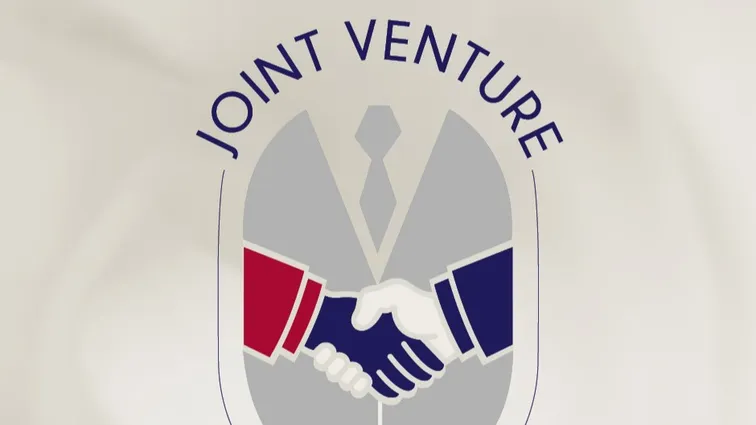What rules should be set for the transferability of shares and ownership interests? In which document should these rules be included? What is the difference between the transfer and the passage of shares? How can you prevent undesirable persons from entering the company – or even taking control of it?
Transfer of shares: restrictions and conditions of transferability
The importance of defining rules for the transfer of shares and ownership interests
The transfer of shares and ownership interests is one of the most sensitive areas of corporate governance. Properly established rules can significantly contribute to the long-term stability and continuity of a company, as well as the protection of its shareholders. While an approved and desirable transfer of shares or ownership interests can provide flexibility and bring in new partners, an uncontrolled and undesirable transfer may disrupt the company’s structure or lead to conflicts among shareholders.
Types of transfers and passage of shares and ownership interests
- Voluntary transfer: A shareholder voluntarily decides to transfer their shares or ownership interest to another person or company because they wish to end their participation in the company.
- Compulsory transfer: The transfer of shares is enforced based on rules set out in the founding document, a shareholders’ agreement, or by law (for example, in the event of a breach of a shareholder’s duties).
- Passage to a legal successor: An ownership interest or shares may pass onto a legal successor in the event of the shareholder’s death or dissolution.
Restrictions on the transferability of shares and ownership interests
- Pre-emptive right: One of the most common mechanisms, this gives other shareholders the right to buy a share or ownership interest before it is transferred to a third party. This instrument helps protect the company from the entry of unwanted persons.
- Restrictions on share transferability: The transfer of shares or ownership interests may be subject to approval by the company’s governing body (typically the general meeting). This mechanism provides control over the entry of new shareholders. Certain legal forms of companies (such as limited liability companies) restrict the transferability of ownership interests to third parties by law, unless otherwise expressly stated in the memorandum of association. Additional restrictions on the transferability of shares may also be set out in the founding document and the shareholders’ agreement.
Practical aspects of transferring shares and ownership interests
- Value: When transferring shares or ownership interests, it is essential to determine their fair market value. This may require an expert opinion or another form of valuation.
- Tax aspects: The transfer of shares or ownership interests can have major tax implications for both the seller and the buyer. These implications must be carefully considered.
- Legal and administrative process: The transfer of shares or ownership interests usually requires the consent of the company’s governing body (if required by law or the memorandum of association), the execution of an agreement, and the delivery of a valid share transfer agreement to the company. It also involves the subsequent entry of the changes in the Commercial Register.
- Restrictions on the transferability: In the case of a joint stock company (in Czech akciová společnost), any restriction on the transferability of shares must be entered in the Commercial Register. Otherwise, the shares are considered freely transferable, as the restriction on the transferability of registered shares becomes effective only on the date it is entered into the Commercial Register.
Risks associated with an uncontrolled transfer of shares
- Entry of undesirable persons: Where no clear rules are defined, shares or ownership interests may be acquired by someone who does not align with the company’s values or strategic objectives.
- Loss of control: An uncontrolled transfer of a significant number of shares or ownership interests may result in a change of control over the company.
- Conflicts among shareholders: Poorly defined transfer rules can lead to disagreements and even legal disputes among shareholders.
Practical recommendations for defining the rules for the transfer of shares and ownership interests
- Include the rules in founding documents: Pre-emptive rights, approval processes, and other mechanisms should be embedded in the company’s founding documents as well as the shareholders’ agreement.
- Regularly review the rules: Transfer rules should be adjusted to reflect current needs and changes in the legal environment.
Conclusion
The transfer of shares and ownership interest is a complex process that requires careful planning and well-defined rules. Clear and fair regulations help minimise the risk of conflicts and ensure that transfers align with the company’s long-term objectives.
At HAVEL & PARTNERS, we have extensive experience in definig rules for share transfers. We’ll be happy to help you develop a solution tailored to your company’s needs and designed to protect its long-term stability.









